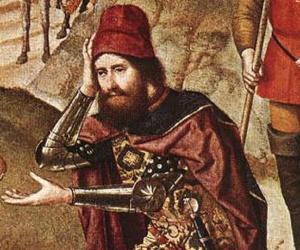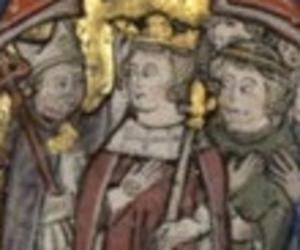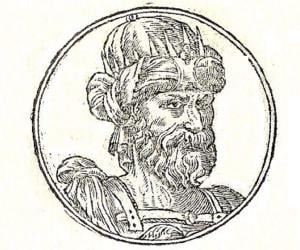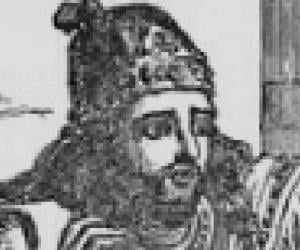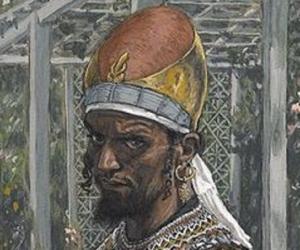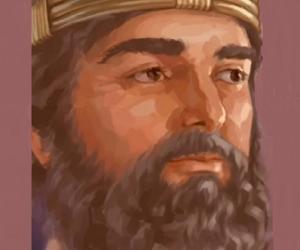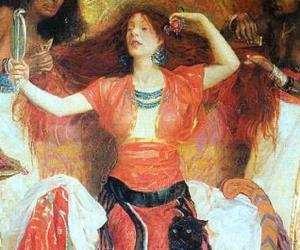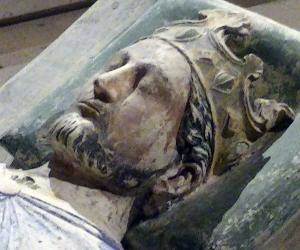Melchizedek, also known as Melchisedech in the Old Testament, is a biblical figure that appears in the 14th chapter of The Book of Genesis. He is described as the king of Salem and the priest of El Elyon, who brings bread and wine for Abram when Abram returns after defeating several Mesopotamian kings and rescuing his nephew Lot. Though the main strain of the story remains universally accepted, there are multiple variations of his tale across various scriptures. In some texts, Melchizedek is even identified as a version of the Messiah. There is no clear depiction of his lineage anywhere, though according to some texts, he is most probably Shem, Noah’s son.
